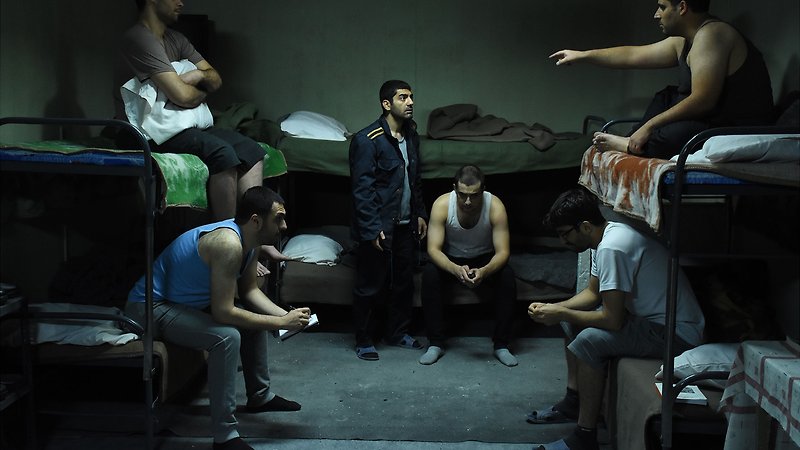Mohammad Rasoulof fuses the gripping dramatic style of compatriot Asghar Farhadi with the contemplative aesthetic of Turkish master Nuri Bilge Ceylan in this incisive internal critique of Iran’s punitive processes.

...to make a movie that ponders the moral rot of an unjust system while under the gun of that unjust system is courageous and artistically potent.
Screened as part of NZIFF 2021
There Is No Evil 2020
Sheytan vojud nadarad
Flying in the face of a government ban on filmmaking, Mohammad Rasoulof pieces together four dramatically compelling vignettes – There Is No Evil and She Said: “You Can Do It” both set in the city, plus Birthday and Kiss Me each set in differing rural locales – into a cohesive thematic examination of Iran’s capital punishment laws.
Each part explores the impact of the death penalty on individuals who are in some way connected to the execution process, and the flow-on effects into their relationships. Where one character goes along with the mandated killings, and must deal with the ensuing psychological and relational trauma, another refuses to comply and finds themself on the wrong side of a demonstrably violent power structure, inadvertently bringing significant consequences onto unsuspecting loved ones.
Deservedly awarded the Golden Bear for Best Film at the 2020 Berlin Film Festival, There Is No Evil’s tightly-written, well-acted segments contribute to a synergistic whole that successfully captures the existential complexities of life lived under a repressive regime. — Jacob Powell
“More parable than polemic, There Is No Evil weaves a rich, engrossing artistic tapestry that interrogates a number of the psychological, moral and cultural dimensions of executing people. It is, in fact, so much not a standard ‘issues film’ that I even hesitate to say it is ‘about capital punishment.’ Better, perhaps, to say that it’s a determined probe into the soul of a nation that permits so much legal bloodshed.” — Godfrey Cheshire, RogerEbert.com